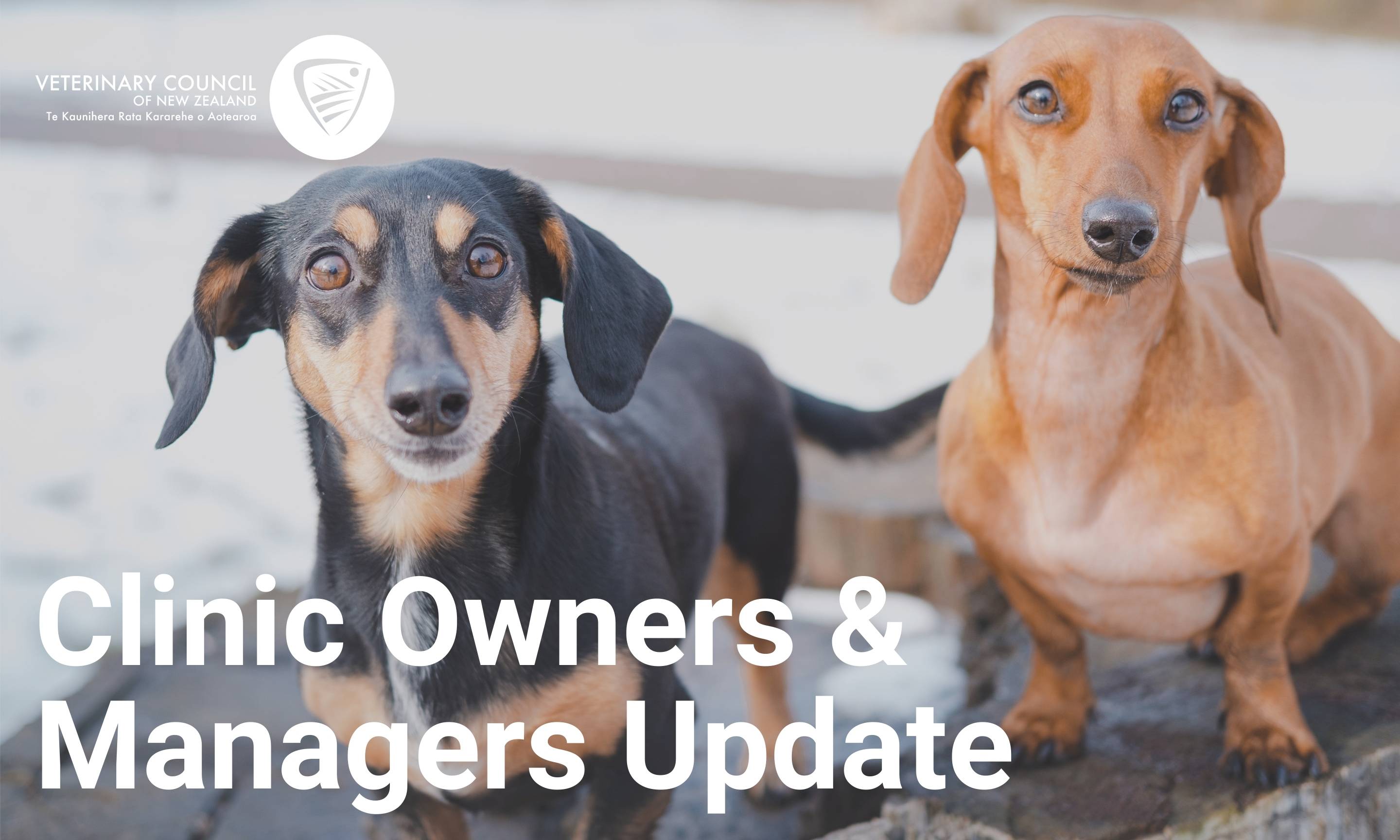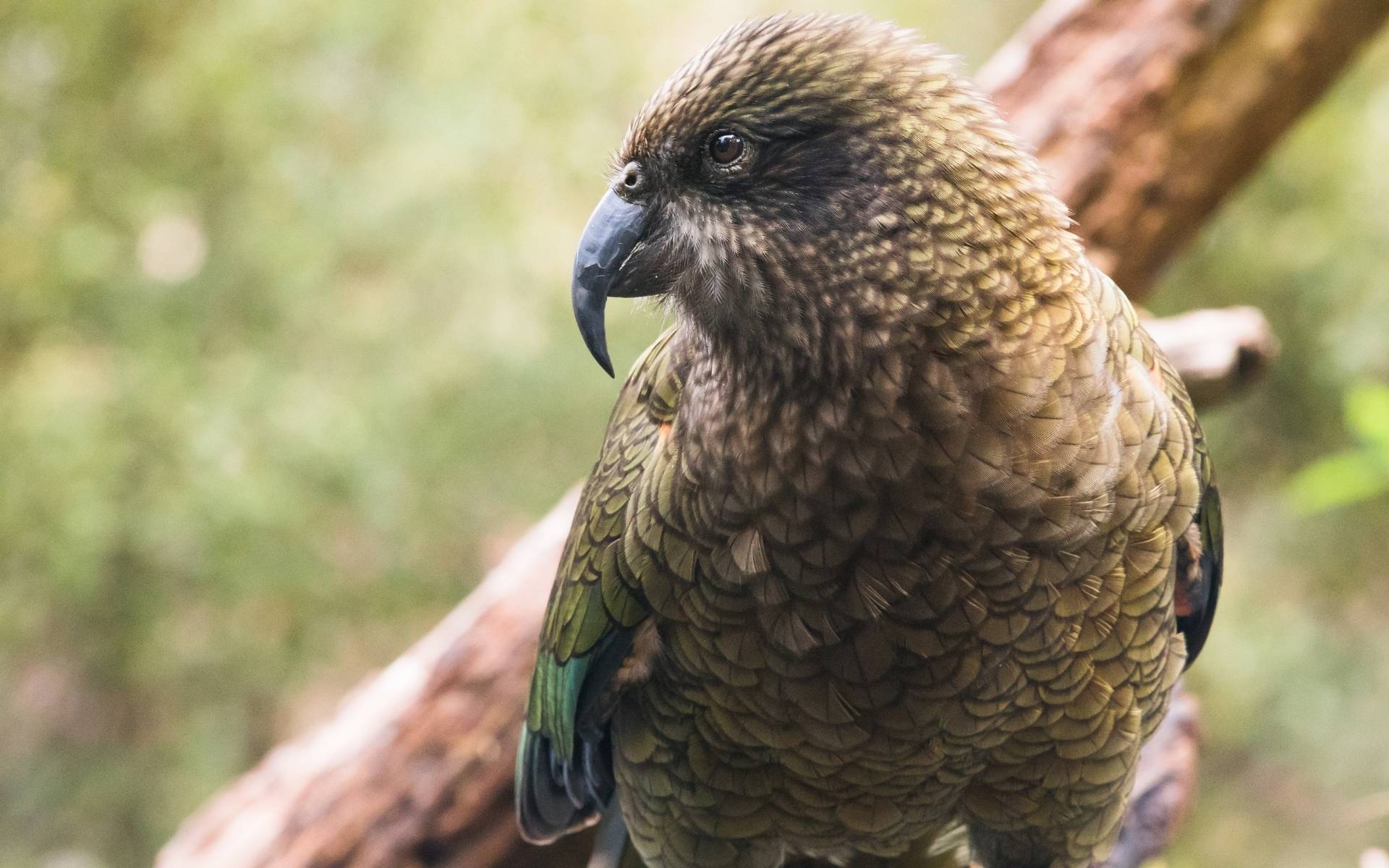
Welcome to our September update. In this edition, we share details of an upcoming webinar we are holding as part of Mental Health Awareness Week. We have also included news about recently published technical advice; helping clients to plan for afterhours care; adverse event reporting; and guidance on dry cow antibiotic treatment.
Free webinar for Mental Health Awareness Week
Mental Health Awareness Week starts on 26 September and provides a great opportunity to reflect and talk about mental health. VCNZ is delighted to announce we are hosting a free webinar to support this important event on Tuesday 27 September at 7pm.
VCNZ Chief Executive Iain McLachlan and Professional Advisor Seton Butler will be joined by Dr Fiona Moir, from Connect Communications, to discuss mental health in the veterinary workplace. The webinar will include a focus on challenging conversations with people who may be agitated; an ‘Ask Me Anything’ session with Psychiatrist Dr Rob Shieff; and a Q&A opportunity.
Please feel free to share the link with your whole team. All welcome.
The webinar will not be recorded but a short video with some of the key points will be available later in the year for those who are unable to join.
Register here
After hours care
We have recently added a new FAQ for animal owners to our website about travelling for emergency after hours care. With vet shortages around the country, animal owners are encouraged to plan in advance for what they may need to do if their pet requires urgent care. Sometimes they may need to travel further than they would during the day to access an after hours service.
Practice owners and managers are welcome to use any of our FAQs or similar wording in their comms.
Read more
Technical advice
We have recently published some technical advice about informed consent, and authorising critically important antibiotics for future use, which we encourage you to share with your team.
The Code of Professional conduct requires veterinarians to obtain a client’s informed consent before proceeding with a treatment or course of action. This advice discusses ways of getting informed consent and includes some templates for small and large animal work that practices can use if they do not have a form already. ad mo
Read more
Authorisation of Critically Important Antibiotics for future use
In this piece of technical advice, we have outlined the actions veterinarians must take to ensure they use CIAs correctly, and when it is appropriate to prescribe CIAs to clients for future use. more
Read more

Guidelines and standards
Our statement on cattle inductions has been updated, and is recommended reading for large animal practice teams.
Read more
We have also updated our statement on Dry Cow Antibiotic Therapy and the requirements veterinarians must meet for authorising it. Read more
Read more

Adverse event reporting
The Agricultural Compounds and Veterinary Medicines (ACVN) team of the Ministry for Primary Industries has recently updated the registrant and public (including veterinarians) adverse event guidance documents and reporting form .
VCNZ Professional Advisor Seton Butler says practices and veterinarians should familiarise themselves with the adverse event process, as it is important for teams to be aware of what their responsibilities are if an adverse event happens when using veterinarian medicines.
“Practices should have a readily accessible adverse event tool and protocols in place so staff know what is considered an adverse event, who to notify, and what information to provide,” he says. “Clinics should also develop, or add to their existing consent form, a statement that authorises them to release patient information to MPI.”
Seton says adverse event reporting reminders would be a good addition to team meeting agendas, so that it becomes a regular part of ongoing dialogue in clinics.
If you have any questions about the adverse event reporting process, please email [email protected]
Messages from others
The items below come from other organisations. We have agreed to share them with veterinarians because they may be of interest. If you have any questions or concerns about them, please contact the organisation directly.
VSANZ review
Veterinary Schools of Australia and New Zealand (VSANZ) has commissioned an independent review of the veterinary science education capability of the two countries.
This review will examine:
- The key skills, knowledge and attributes that veterinarians will need in the next decade.
- The challenges and opportunities faced by veterinary schools in Australasia
- Options for structural reform to make schools financially sustainable.
- The opportunity to develop a new kind of professional Australian andor New Zealand veterinary qualification with modularisationspecialisation options.
- The strength of research performance at Australasian veterinary schools, and the connection between a school’s research capability and its capacity to educate veterinarians for the modern workforce.
A discussion paper has been drafted by the review panel and is currently being distributed. It will gather stakeholder ideas about how veterinary education may need to change to meet demands in the next decade and beyond.
The panel encourages people with an interest in veterinary education in Australasia to make a submission.
More information about the review and how to make a submission can be found at https://vsanz.org/review-of-veterinary-education or by emailing Review Secretariat Bernard Rupasinghe, [email protected]
Submissions must be made by Friday 28 October.
Thank you
We hope you found this newsletter interesting and informative. If you’d like to provide feedback or send us a topic or story for next time, please email [email protected]
Please also contact us if you have any questions or need support.